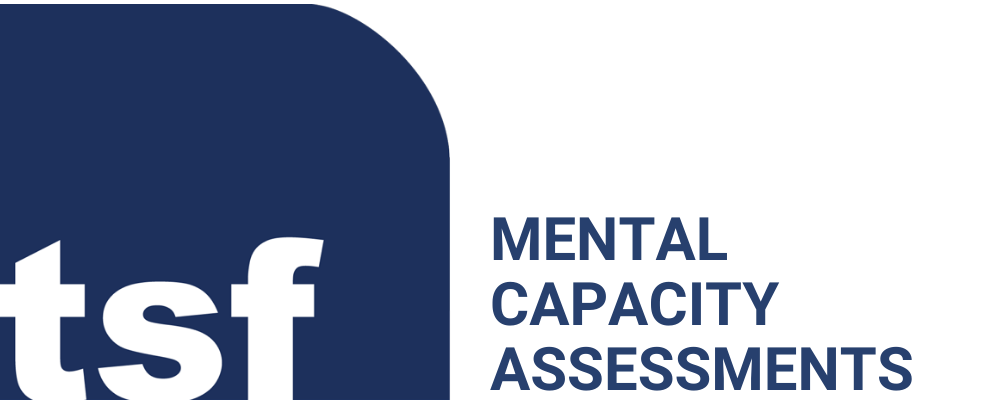A capacity to litigate assessment is a way of ensuring that a person has the mental capacity to engage in legal proceedings. If a person lacks capacity to litigate, they may require assistance from a litigation friend to act for them. A litigation friend is a person who is instructed by the court to make decisions on behalf of somebody if they are unable to engage in the litigation process themselves.
What is the legal test used for a Capacity to Litigate assessment?
A Capacity to Litigate assessment considers the case law established from Dunhill v Burgin (2014) and Masterman-Lister v Brutton and Co (2002), as well as the criteria for capacity established in the Mental Capacity Act (2005).
The assessor will consider the above case law to establish whether a person is able to engage in legal proceedings, including aspects such as whether they understand the course of proceedings, whether they are able to give instruction to their legal representative and understand evidence relevant to the claim. They would also need to be able to reach a decision in relation to any financial settlement.
In addition to our Capacity to Litigate assessment we always include as standard a capacity assessment of whether a person is able to manage their property and financial affairs, to determine whether they would be able to independently manage any financial settlement agreed in a claim.

Assessment process
In order to complete a thorough assessment, we will need confirmation of any diagnosis or impairment that might affect the person’s ability to litigate. We will also need an overview of the claim. Information will be kept strictly confidential and used to develop questions for the assessment.

HOW CAN WE HELP?
Get in touch today!
We are always interested in hearing from talented individuals who are passionate about mental capacity.
"*" indicates required fields
